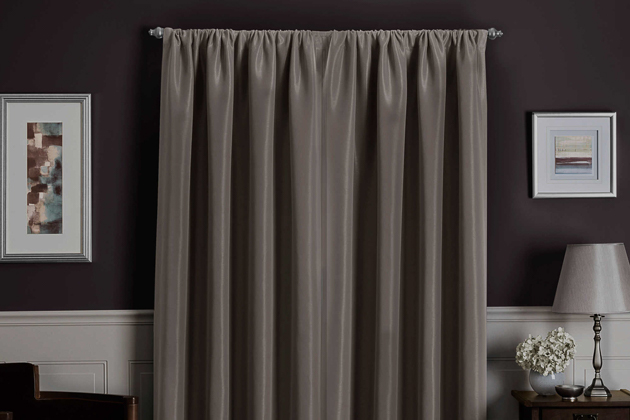The summer is a time for relaxation, family vacations and cranking up the AC. As soon as the utility bill arrives in June, the shock of the first warm month hits like a ton of bricks. Fortunately, there are many ways to keep your home cool without breaking the bank or springing for a new AC system this summer.
Get Your AC Serviced
Getting an air conditioning service for your home from a reputable provider can improve the efficiency and longevity of your system, according to the EPA. An experienced technician can inspect the entire system to discover issues that are reducing efficiency and comfort.
One of the biggest benefits of having your AC professionally serviced is getting the technician plug up leaks in the ductwork. Air leaks in ducts can reduce efficiency by allowing climate controlled air to seep out into void space, essentially wasting energy. In the average home, as much as 30% of the air flowing through the ducts leaks out.
Double Glazing the Windows
Heat is able to penetrate through windows, which can dramatically impact the temperature of a home. Double glazing, also commonly referred to as double pane, is a technique of insulating windows by using two pieces of glass rather than one. There’s a gas-filled space between the two window panes to prevent heat transfer.
If your home has single pane windows, double glazing is often worth the investment. You may even want to consider triple pane windows if you get a lot of direct sunlight.
Weatherize Around the Windows and Doors
Air leaks are one of the main culprits that thwart efficient climate control. If you look around the edges of doors and windows you may see thin beams of light showing through. That’s an air leak that’s making your home warmer and costing you money.
The fix is much cheaper and easier than many homeowners realize. A roll of weather stripping and a can of caulk is all you need to seal up the air leaks around windows and doors. Caulk should be used in cracks and gaps that are under a quarter inch wide. For larger gaps around the seams of doors install the weather stripping.
Use Blackout Curtains

Curtains are one of the easiest ways to control the climate inside. The concept is fairly simple: closing the curtains when there’s direct sunlight can help keep a room cool, while opening them up will let more heat in the room.
Of course, most people aren’t able to stay at home opening and closing the curtains according to the movement of the sun. But automated technology is changing all that. Smart blinds and curtains allow homeowners to put their curtains on a schedule so they open and close with the touch of a button.
Install Storm Windows
Another way to block the sunlight and reduce heat transfer is by installing interior or exterior storm windows. The experts at Energy.gov note that storm windows can reduce heat transfer in the summer and heat loss in the winter by 10-20%. Energy efficient features to look for when purchasing storm windows include overlapping joints and durable materials.
Clean or Replace Air Filters
Another simple way to improve climate control in the home is to clean or replace the air filters on a regular basis. Clean air filters help the HVAC system run more efficiently so it’s easier and cheaper to keep your house cool during the summer.
Experts recommend that homeowners change or clean their filters at least once every two months. During the summer when the AC system is in constant use the frequency should be upped to once a month. Keeping the filters clean can lower the air conditioner’s energy consumption anywhere between 5-15%.
Maximize the Use of Fans
Fans don’t actually lower the temperature of a room, but they do make it feel cooler. The air moving across the skin creates a wind chill effect that evaporates the sweat that’s on skin. This evaporation in turn makes the skin feel cooler. Just make sure the fan blades are rotating in a counterclockwise direction so the air is pushed downward.